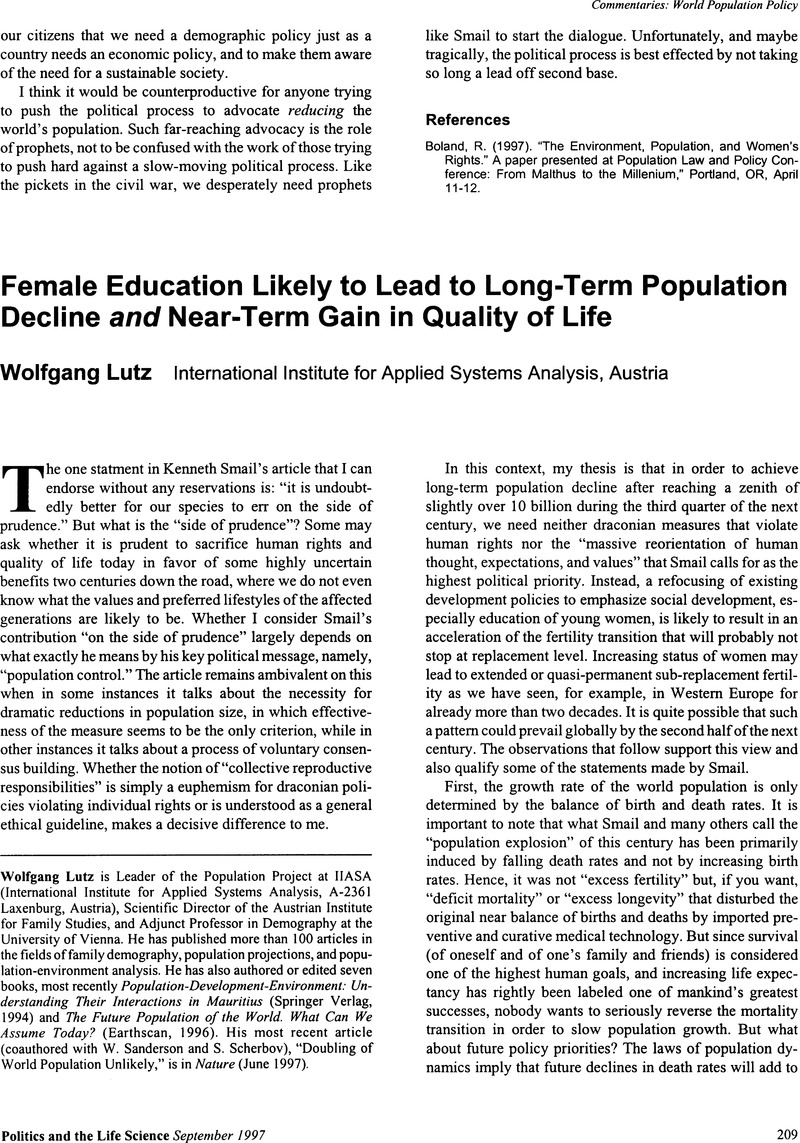Crossref Citations
This article has been cited by the following publications. This list is generated based on data provided by Crossref.
Hill, Ronald Paul
and
Dhanda, Kanwalroop Kathy
1999.
Gender Inequity and Quality of Life: A Macromarketing Perspective.
Journal of Macromarketing,
Vol. 19,
Issue. 2,
p.
140.



